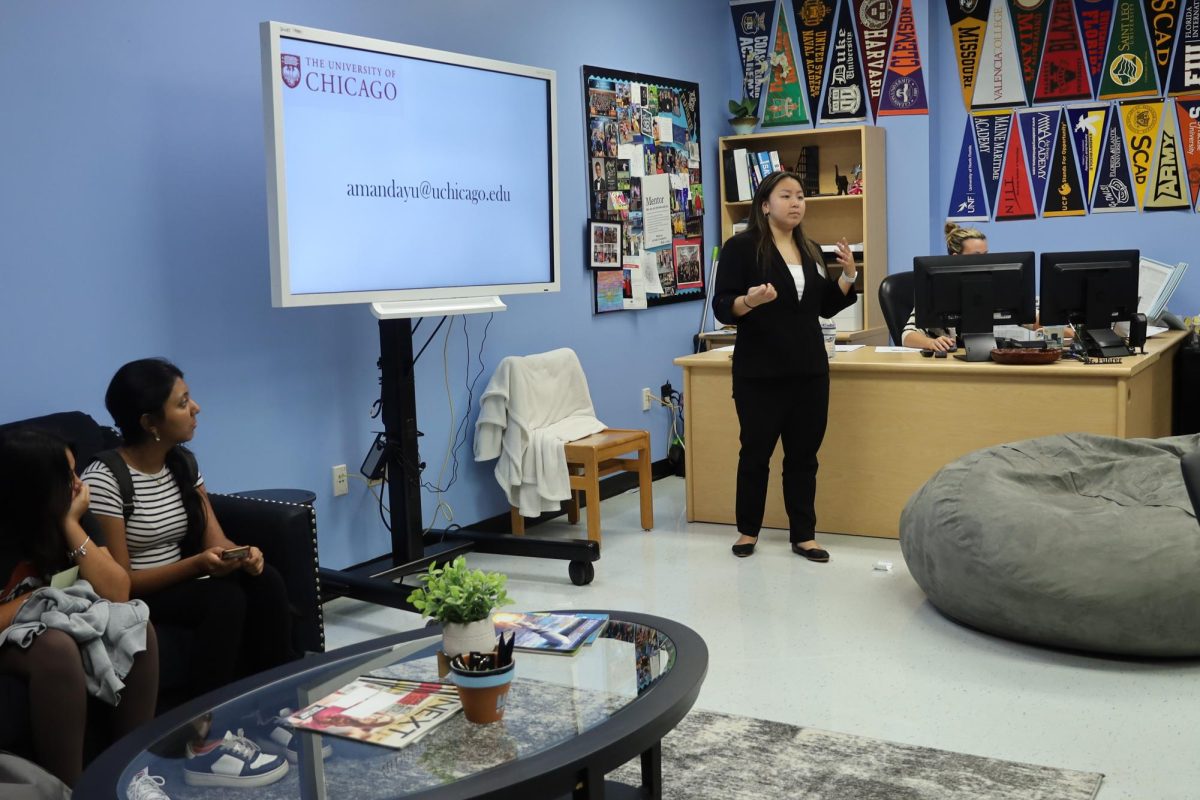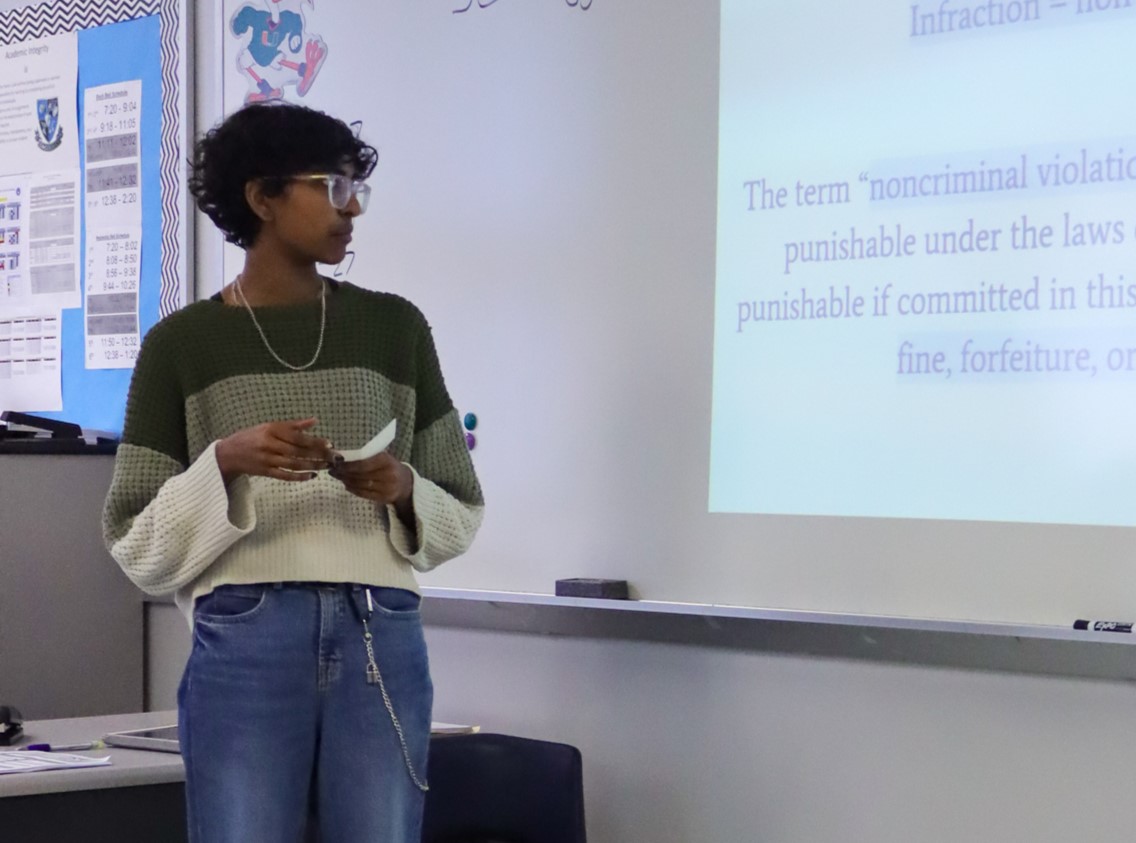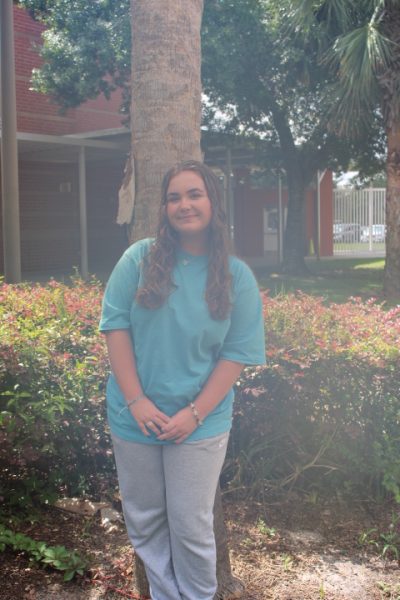Figuring out what to pursue in life can be a struggle. For some, the struggle is finding what they are truly passionate about, and for others, the difficulty is simply where to start. Questions often arise when it comes to growing up and planning the future: Are you moving too fast? Are you being too rash? What’s the line between moving too quickly and being sluggish?
College and career counselor, Andrea Fuhrer, offers help with college applications, resumes, internships, careers and all the other questions students may have about their future.
“You only get to be a child once, and you’re not expected to know what your plans are overnight,” Fuhrer said. “What I think is important for students early on to think about is the ‘why’ behind what they want to do.”
Fuhrer encourages students to focus on the ‘why.’ If someone wants to have a fulfilling career, they must identify their passion and take advantage of the opportunities offered at school.
“I’m trying to work strategically to help students really tap into that…there’s so many other layers to success that you can have, other than the money in your pocket, if you just dig deeper. And I think the exciting thing is when students really dig in that way with me, especially come junior year and senior year.”
Even with all of the resources available to them, students and parents alike find themselves struggling with the application process, and acknowledging that choosing a major can be nerve-wracking.
“My parents put a lot of stress on me because they think that I have to rush into figuring out what I want to be,” Caden Housten, a senior who wants to major in psychology, said.
Some students resort to the ‘first thing that pops in their head’ or ‘what their parents push them to do.’
“I think the Hardest thing is just finding something that interests me. I don’t even know if [psychology] interests me, but it’s just something off the top of my mind,” Houston said.
For students like junior Sebastian Diaz, picking from a big list of majors is the biggest struggle.
“I think [the hardest thing about choosing a major is] probably being able to pick [out of] so many different things. For example, I could pick different courses, like political history, but I have to choose what I want to do, like economics,” Diaz said.
In this case, they can take some steps to dive into the details of their career choice possibilities, and maybe even get some hands-on experience in these fields to help them decide, if possible.
According to The Princeton Review, students should think about declaring their major typically sophomore or junior year of college.
“Within three years of initial enrollment, about 30 percent of undergraduates in associate and bachelor degree programs who had declared a major had changed their major at least once.” Students usually don’t stick with their career decisions from high school, and sometimes , it even changes in college. Inconsistency in what students want to pursue is normal. But, there are steps they can take to be more firm in their decision for their futures.
One way students can comfortably go through the process of deciding what they want to do is by getting hands-on experience. However, some students try to juggle a lot of different hobbies or jobs, just for the process of elimination purposes.
“Some students think they have to do a whole lot of everything to figure out what they want to do. And that’s not always true. You might be involved in five different clubs, XYZ, this sport, that sport… But I think it’s important not to run yourself into the ground trying to be and do everything,” Fuhrer said.
“You have to look past the busyness that you can get yourself into. You have to focus on one or two things that might really give you experiences that are going to be valuable for your future,” Fuhrer said.








